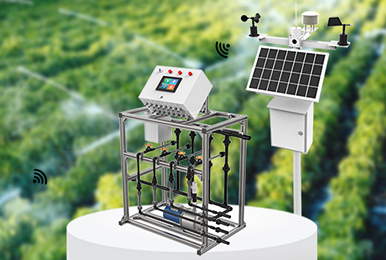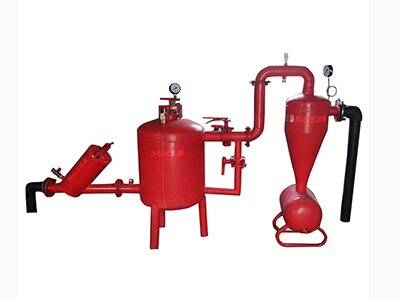The purpose of using a garden irrigation filter
Garden irrigation filters are designed to remove sediment, debris, and other contaminants from your water supply before it enters your irrigation system. These filters are typically installed at the point where the water enters your irrigation system, such as at the main water source or at the water pump.
The most common types of garden irrigation filters

screen filters;
disc filters;
sand filters.
Each type of filter has its unique features and benefits, depending on the size of your garden and the type of contaminants present in your water source.
Screen filters are the simplest type of garden irrigation filter, consisting of a mesh screen that traps larger particles like sand, gravel, and debris. They are easy to install and maintain, and they are relatively inexpensive. However, screen filters may not be effective in removing smaller particles like silt and clay, which can clog your irrigation system over time.
Disc filters, on the other hand, are designed to remove both large and small particles from your water supply. They consist of a stack of thin discs with grooves on both sides, which trap particles as water flows through them. Disc filters are more effective than screen filters in removing smaller particles, but they are more expensive and require more maintenance.

Sand filters are the most effective type of garden irrigation filter, as they can remove particles as small as 20 microns. They work by forcing water through a bed of sand, which traps particles and prevents them from entering your irrigation system. However, sand filters are also the most expensive and require the most maintenance, as the sand bed needs to be periodically cleaned and replaced.
When choosing a garden irrigation filter, it is important to consider the size of your garden, the type of contaminants present in your water source, and your budget. For smaller gardens with a relatively clean water source, a screen filter may be sufficient. For larger gardens with high levels of sediment and other contaminants, a disc or sand filter may be necessary.
In addition to choosing the right type of filter, it is also important to properly maintain your garden irrigation filter. This includes regularly cleaning and replacing the filter media, as well as inspecting the filter housing for damage or leaks.
Overall, a garden irrigation filter is an essential component of any garden irrigation system, as it helps to ensure that your plants receive clean and healthy water. By choosing the right type of filter and properly maintaining it, you can maximize the efficiency and effectiveness of your irrigation system, leading to healthier and more vibrant plants.